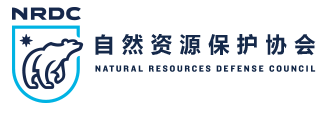随着船舶排放控制区 (DECA) 方案在各大港口地区的陆续实施, 我国迎来了绿色航运的新局面。现阶段,DECA方案要求停泊核心港口船舶的燃料含硫量不超过 0.5%, 比现行的全球船用燃油含硫量限值(3.5%)低86%。DECA 方案能否产生预期的效果,关键在监管。由于 DECA 是我国首次对船舶燃料含硫量进行规定, 建立有效的 DECA 实施和监管计划至关重要。自然资源保护协会 (NRDC) 编写了这份白皮书,对欧美和香港各地区船用油硫含量规定的监管经验进行了回顾,总结了各类监管技术的优缺点。通过总结国际监管方案实施中的经验教训,本报告还提出了我国实施 DECA 的对策建议,供有关部门参考。

